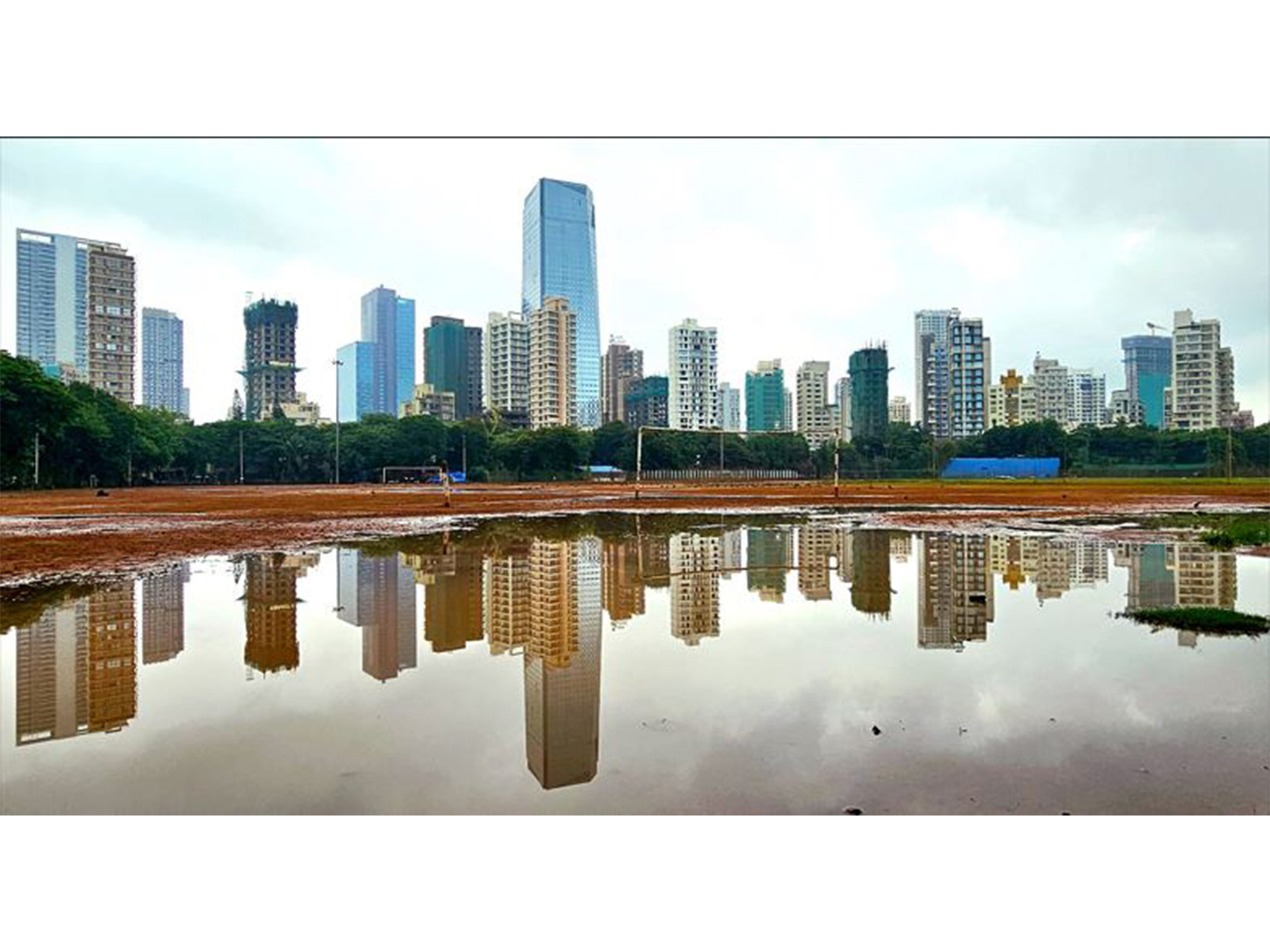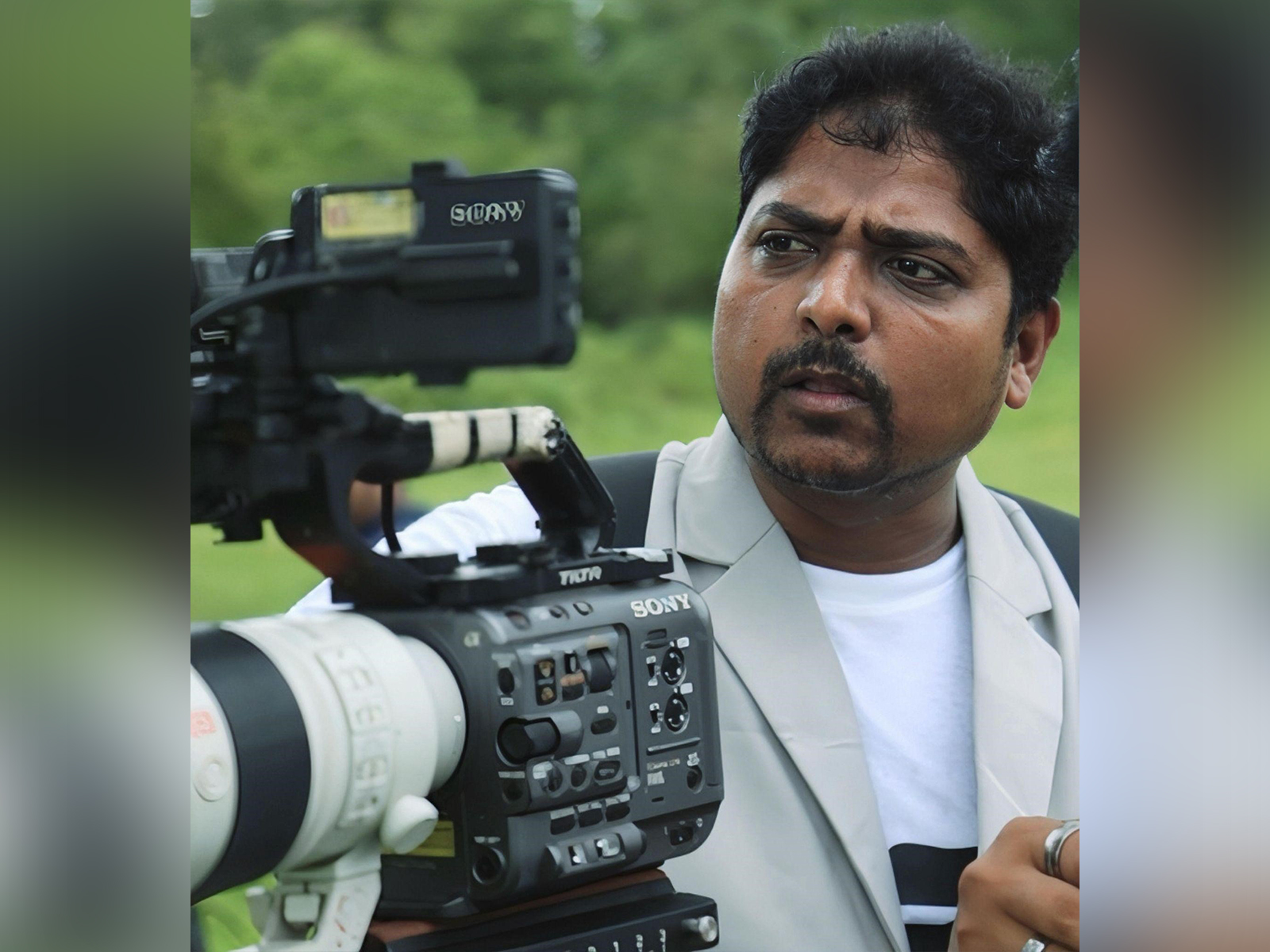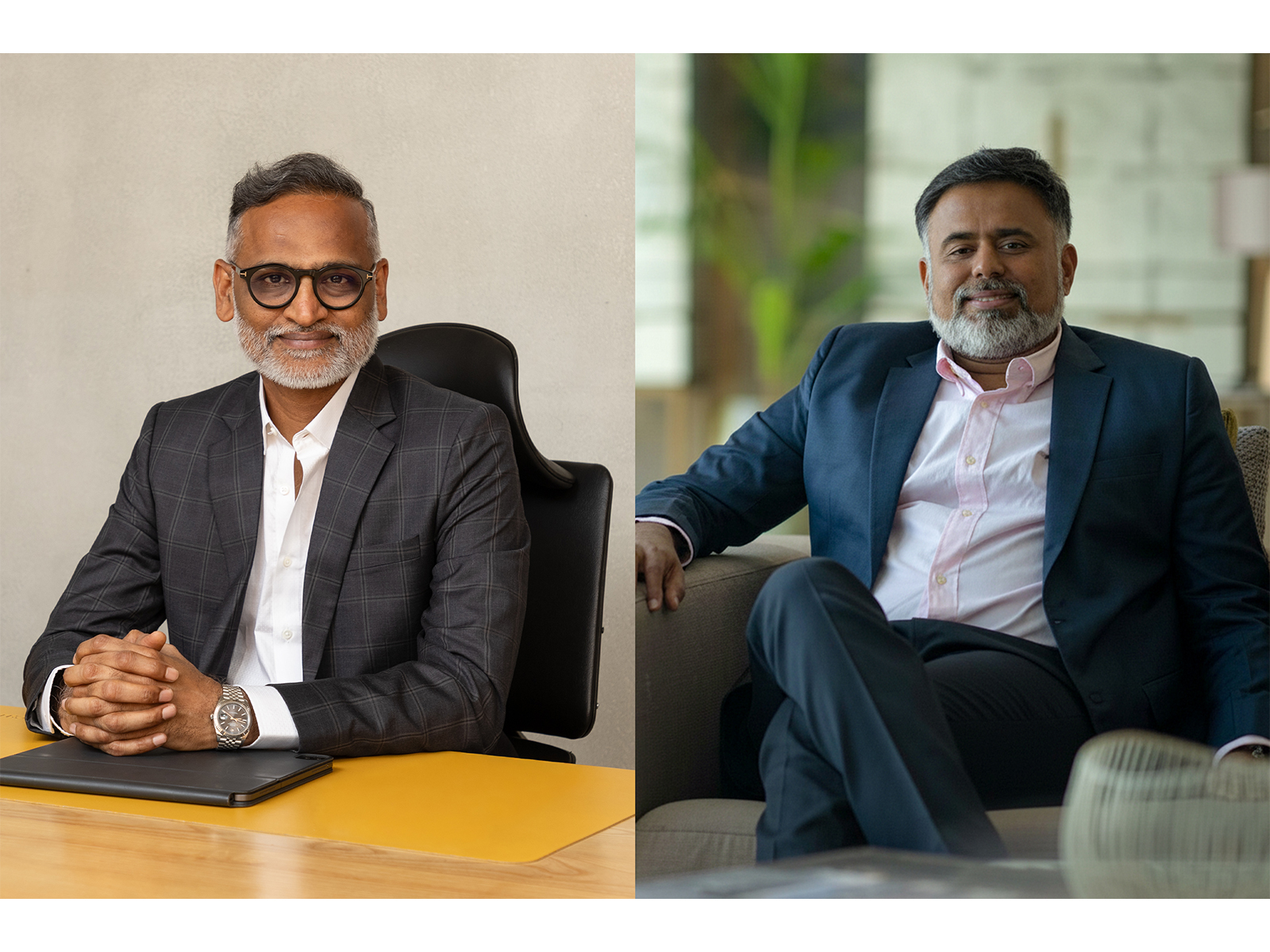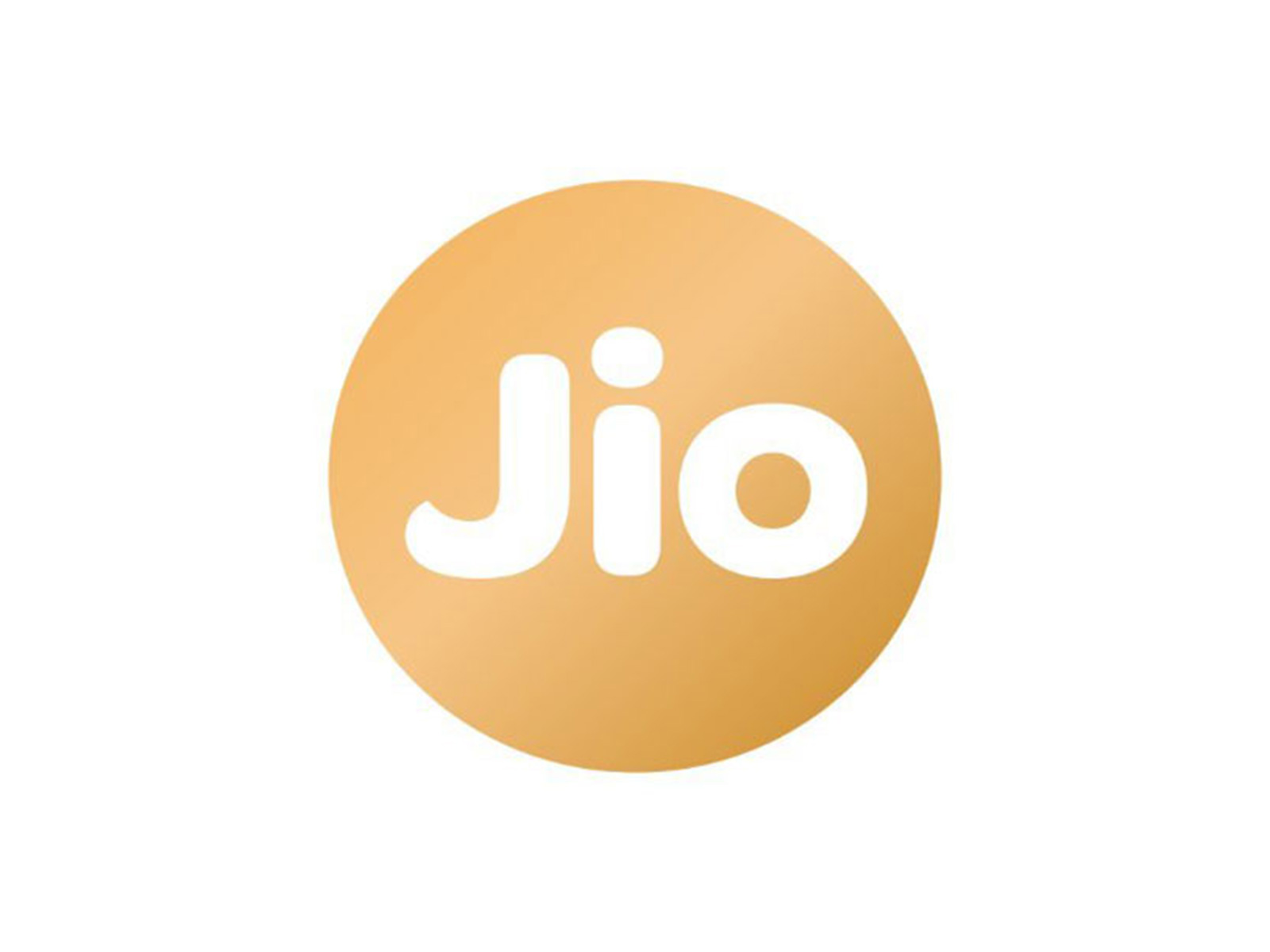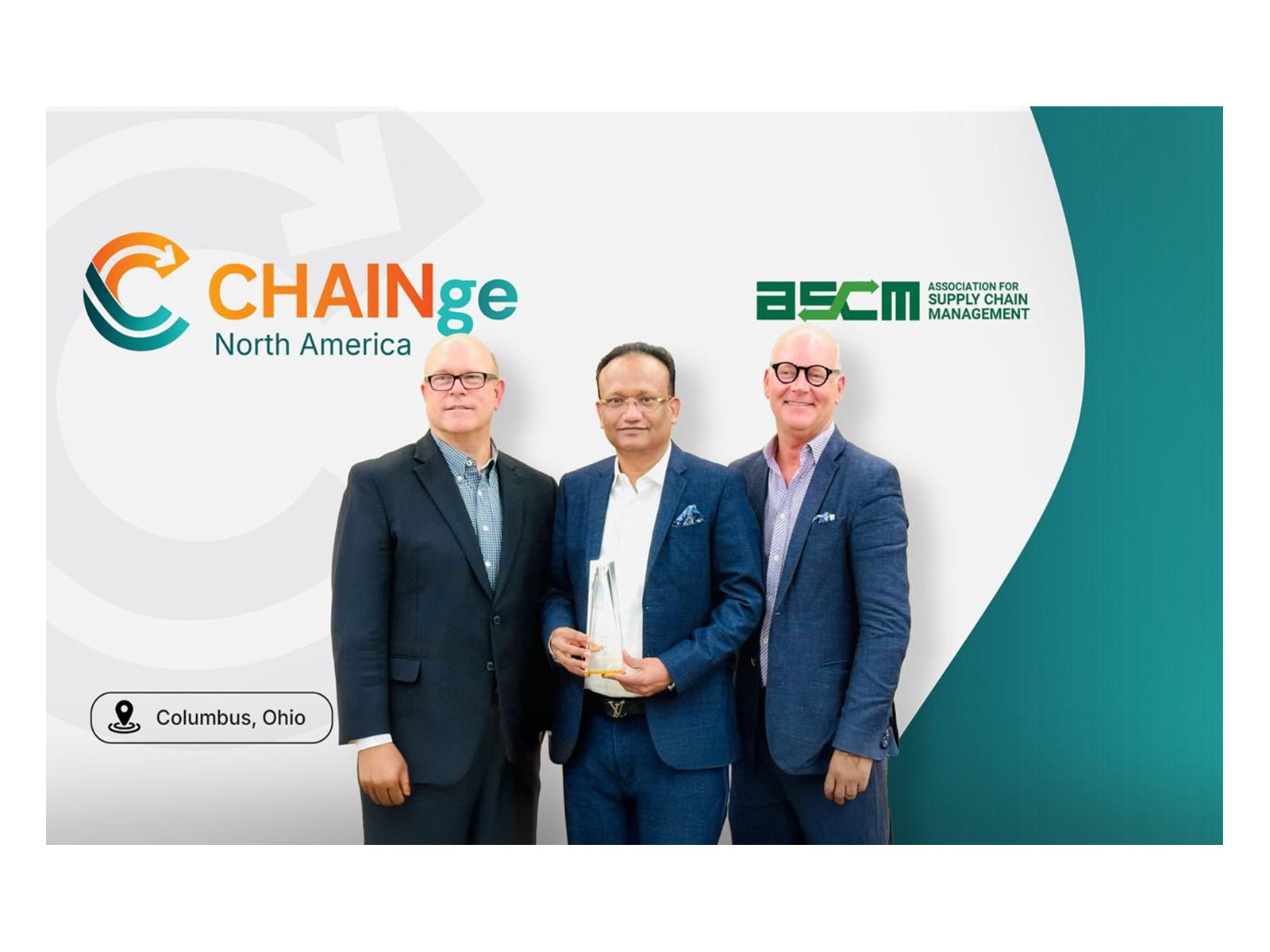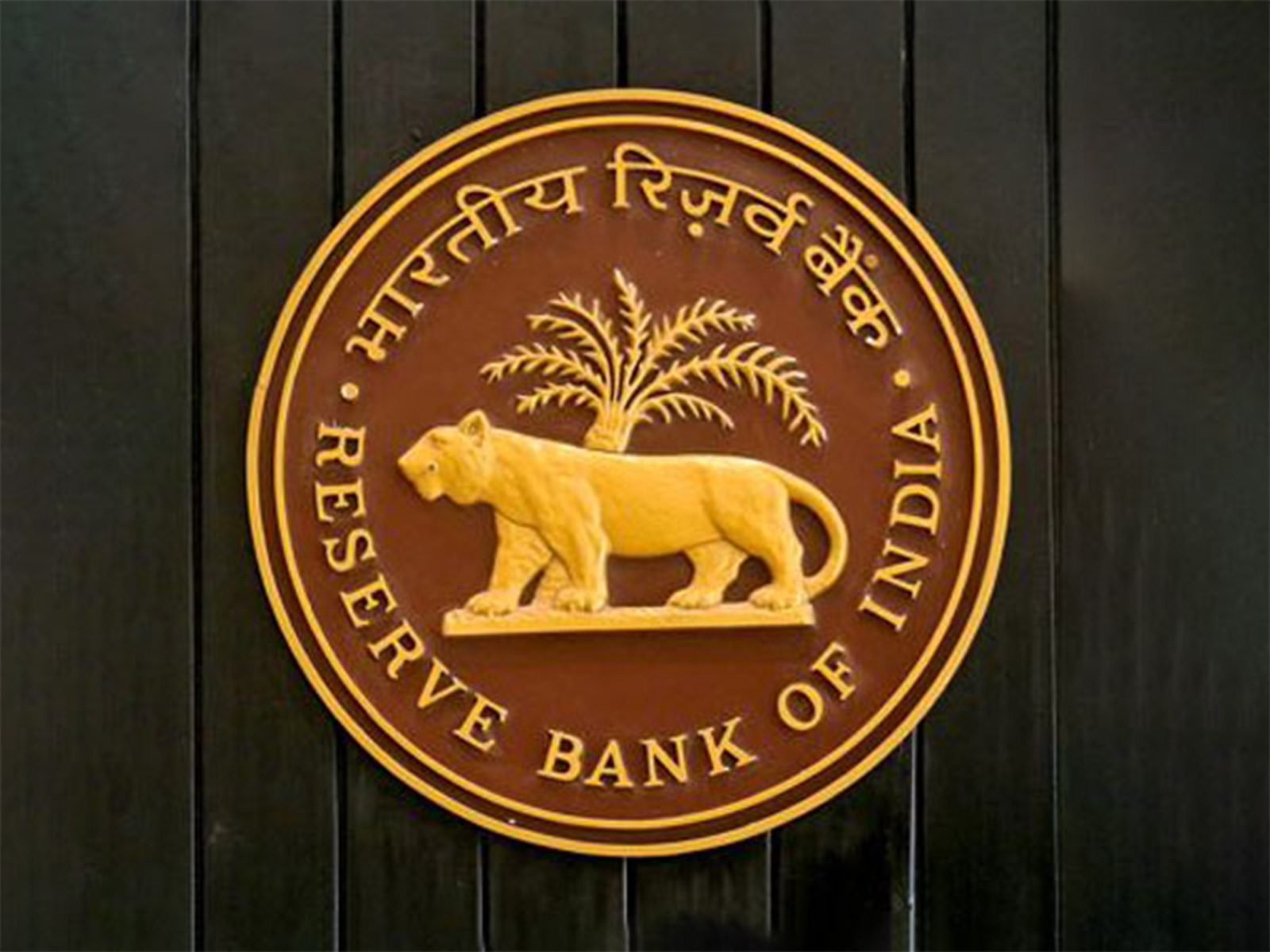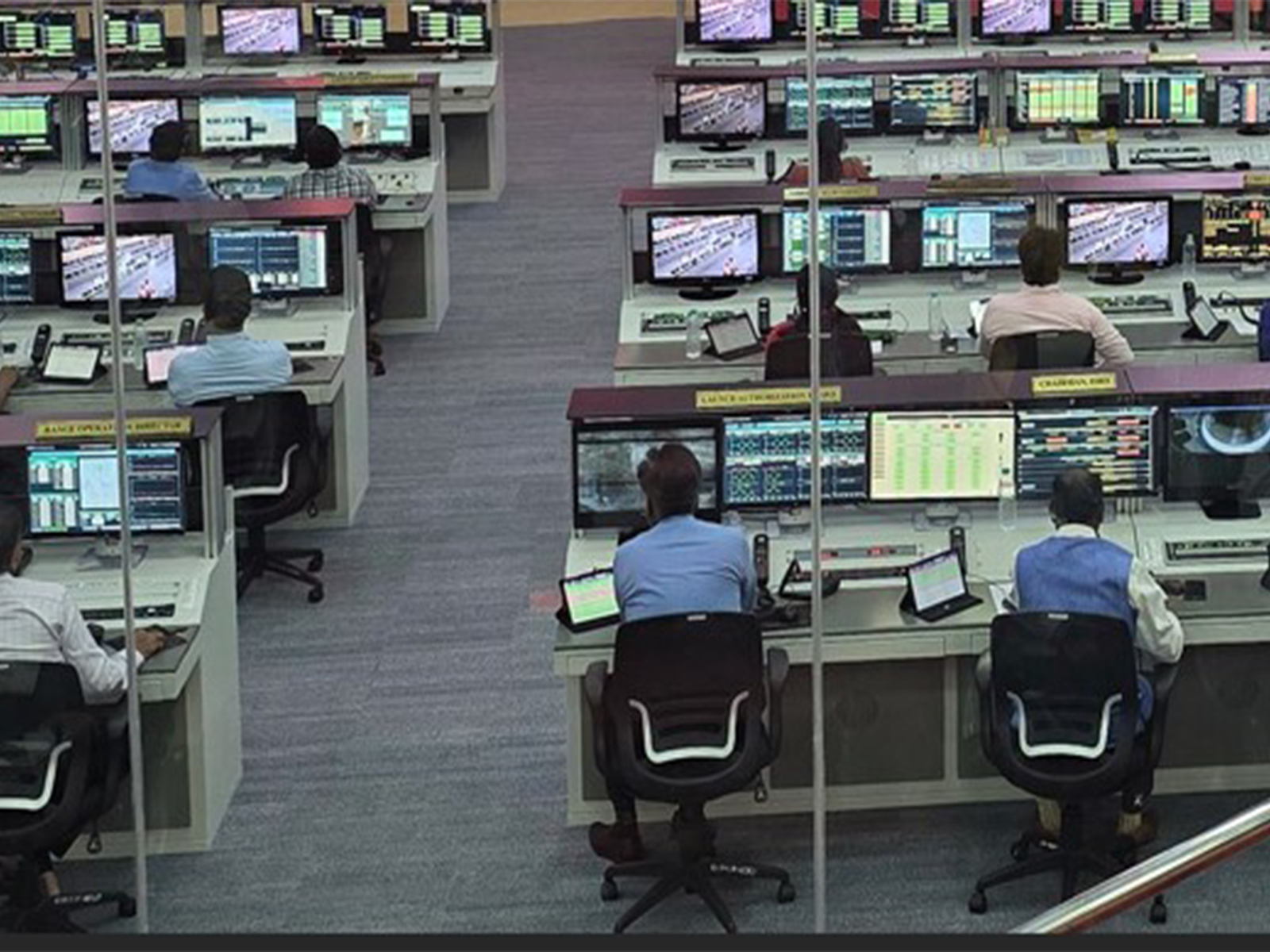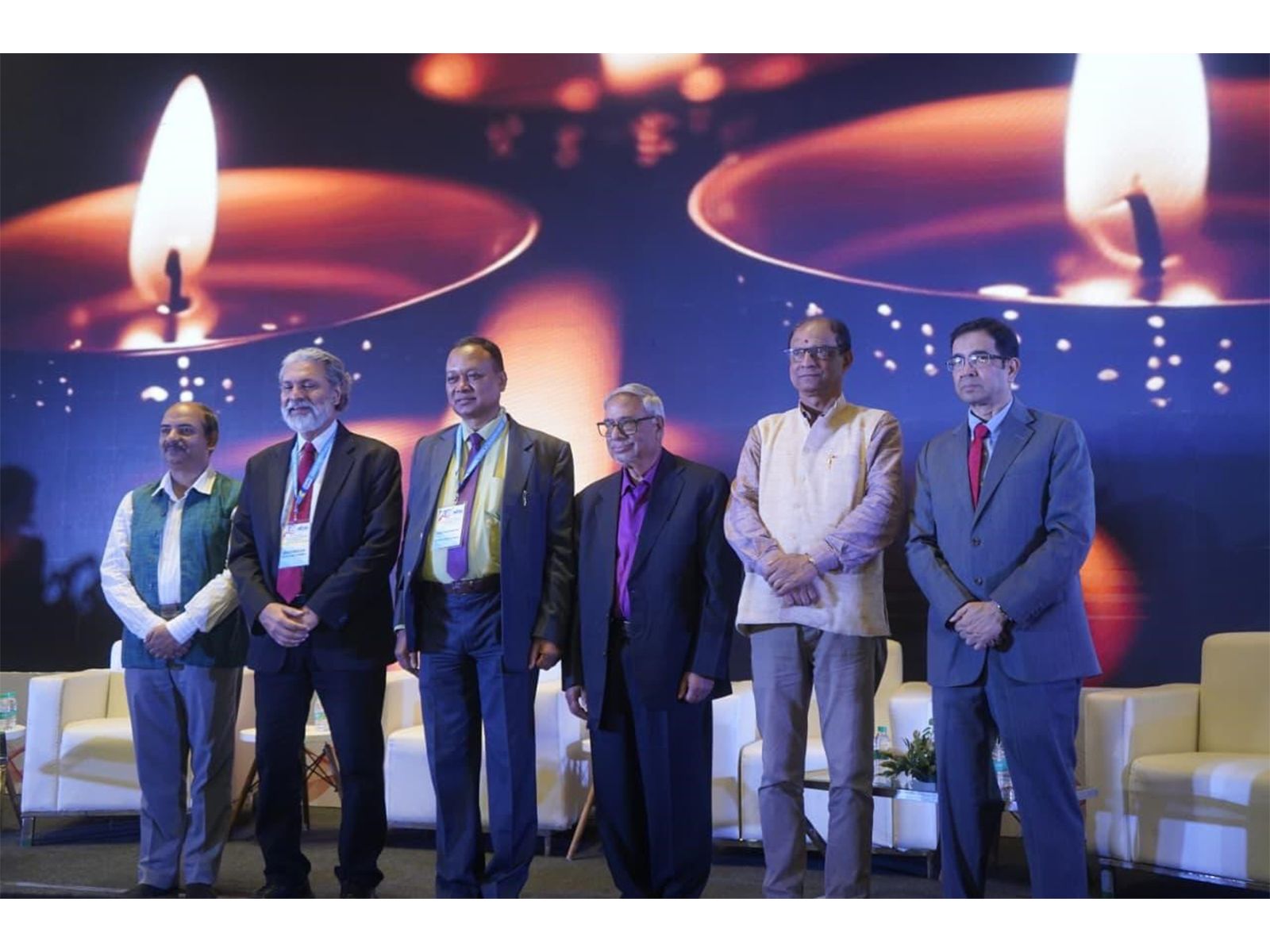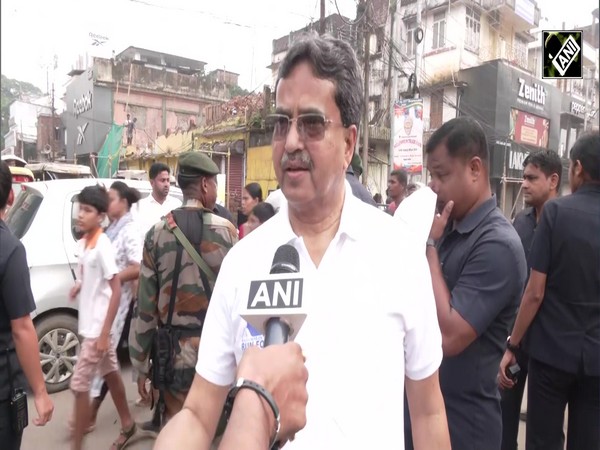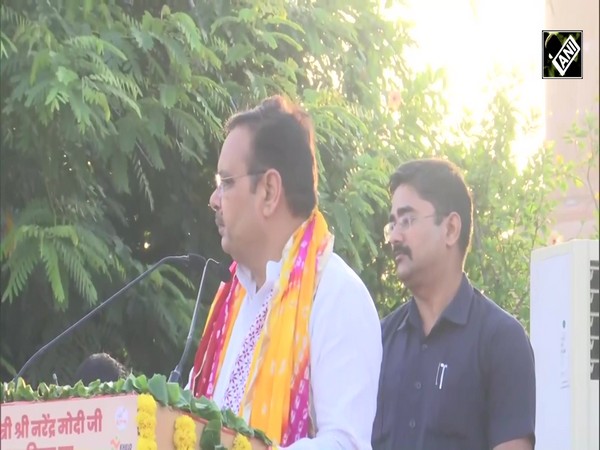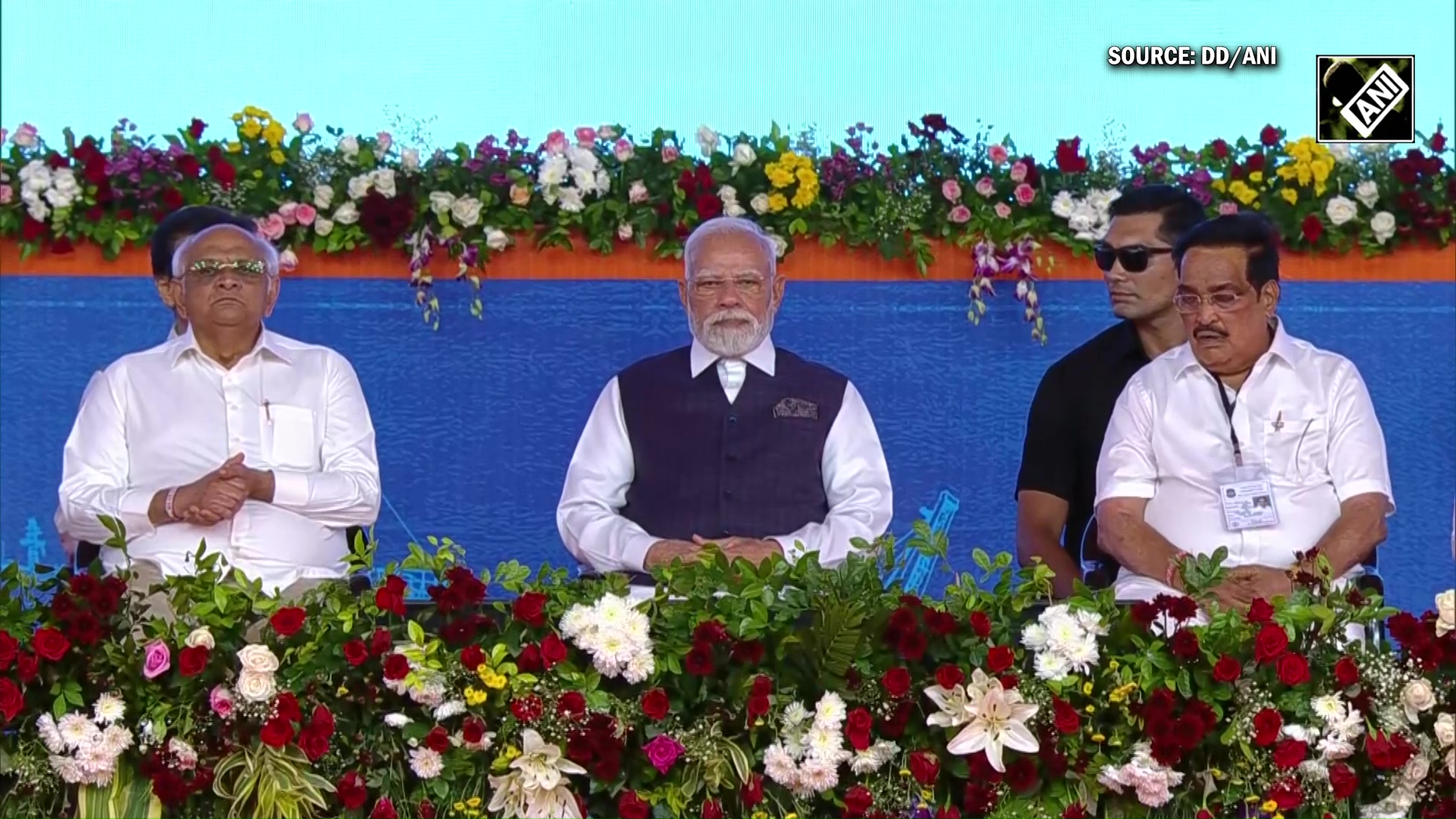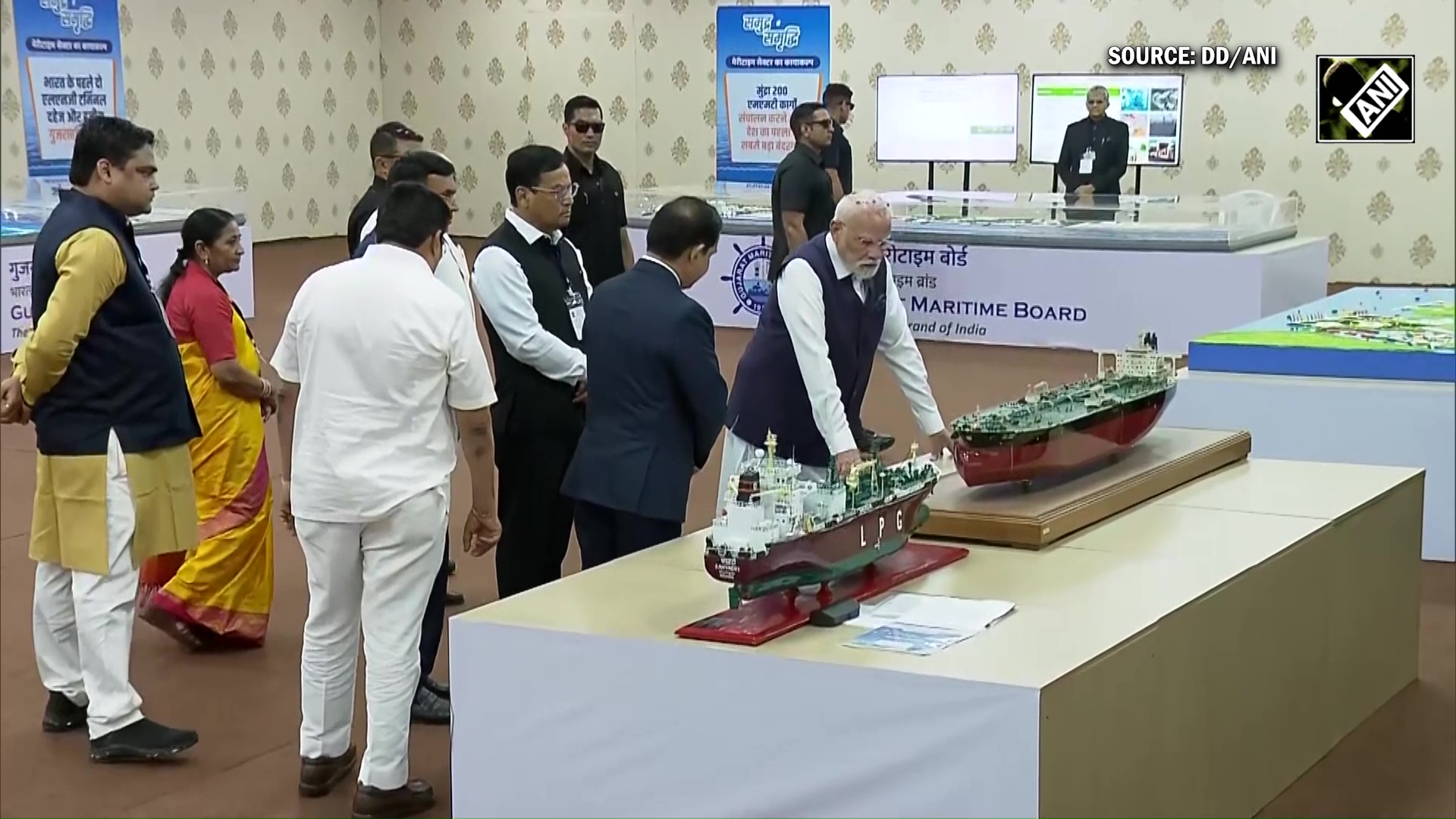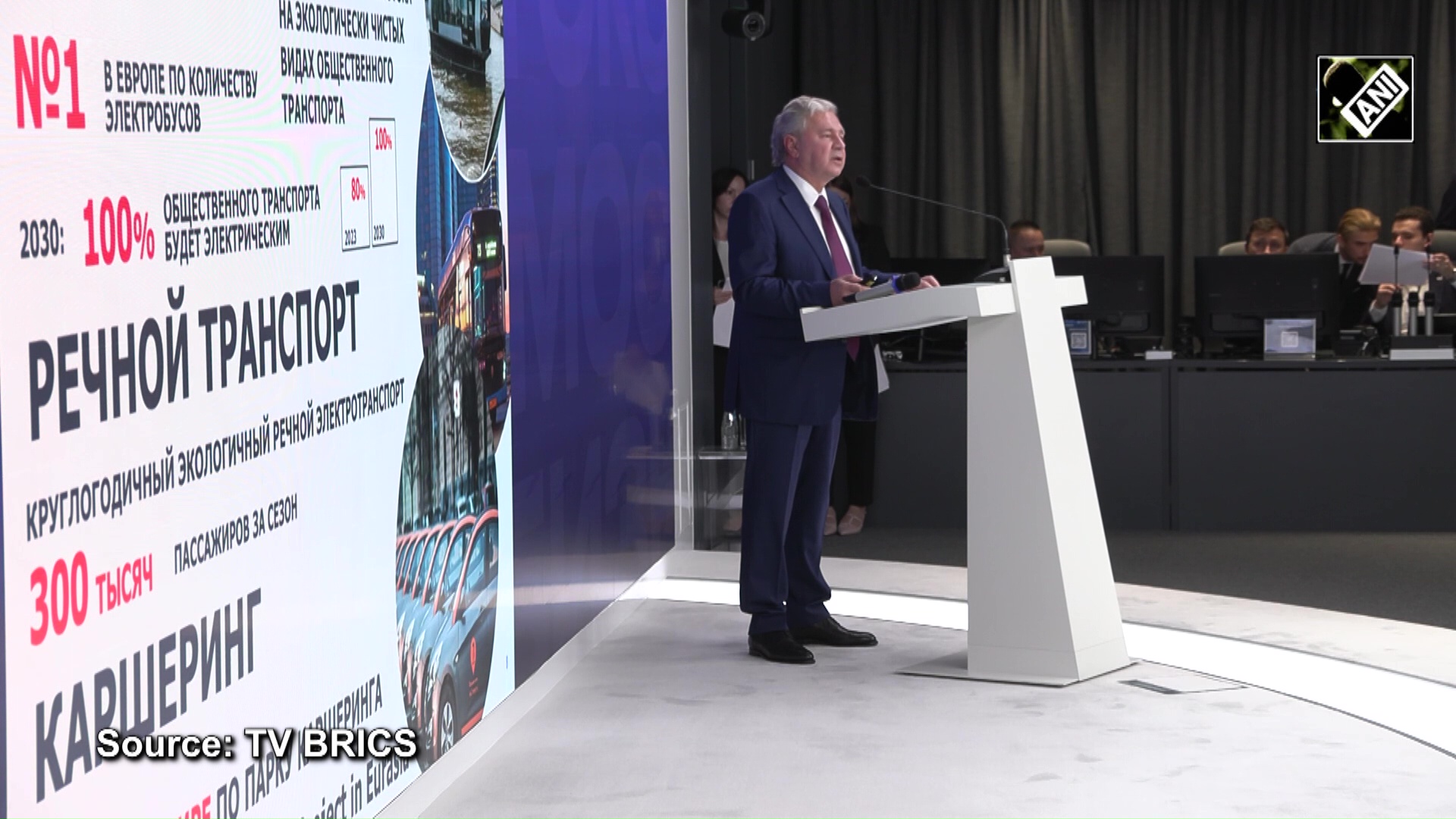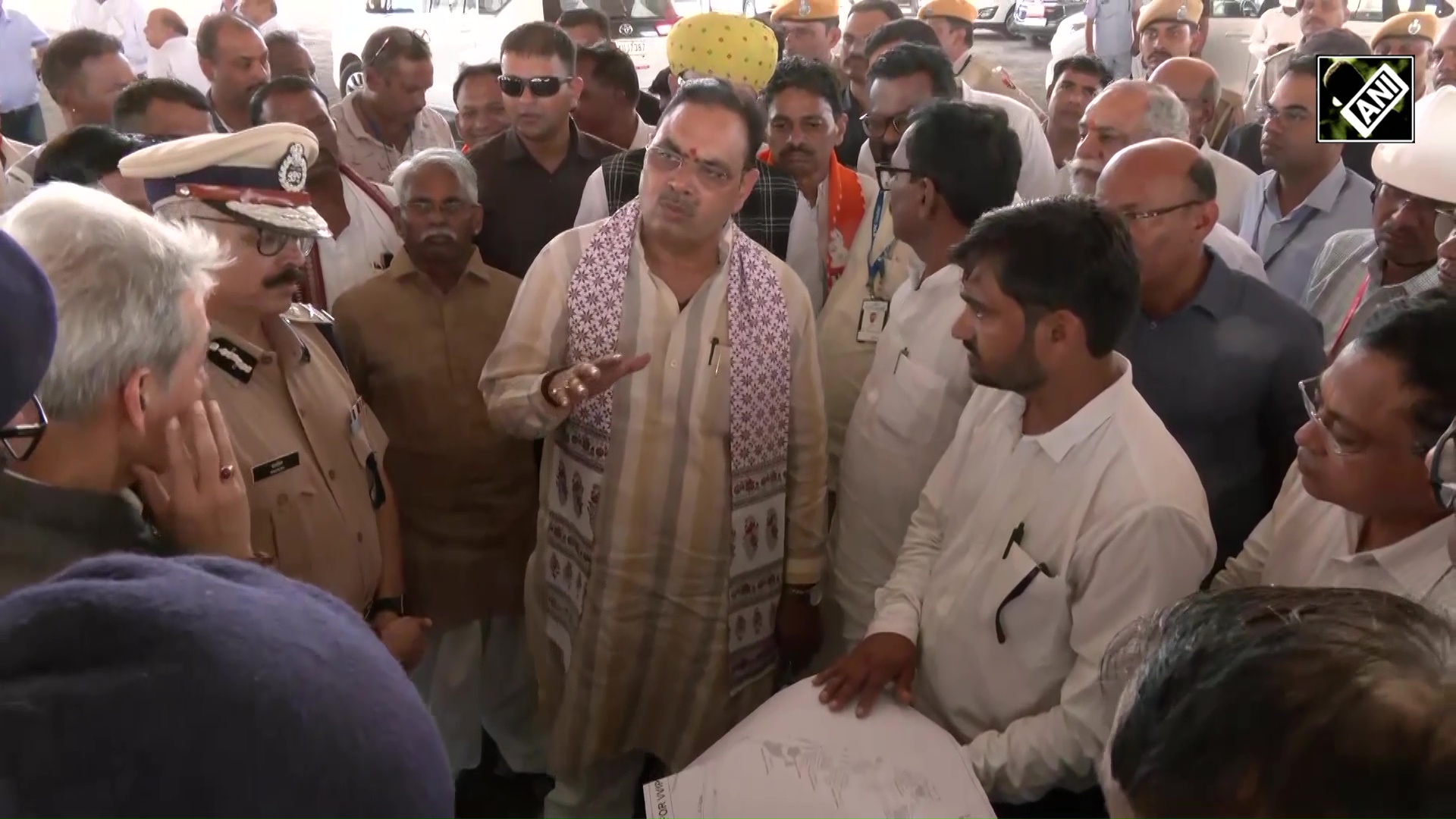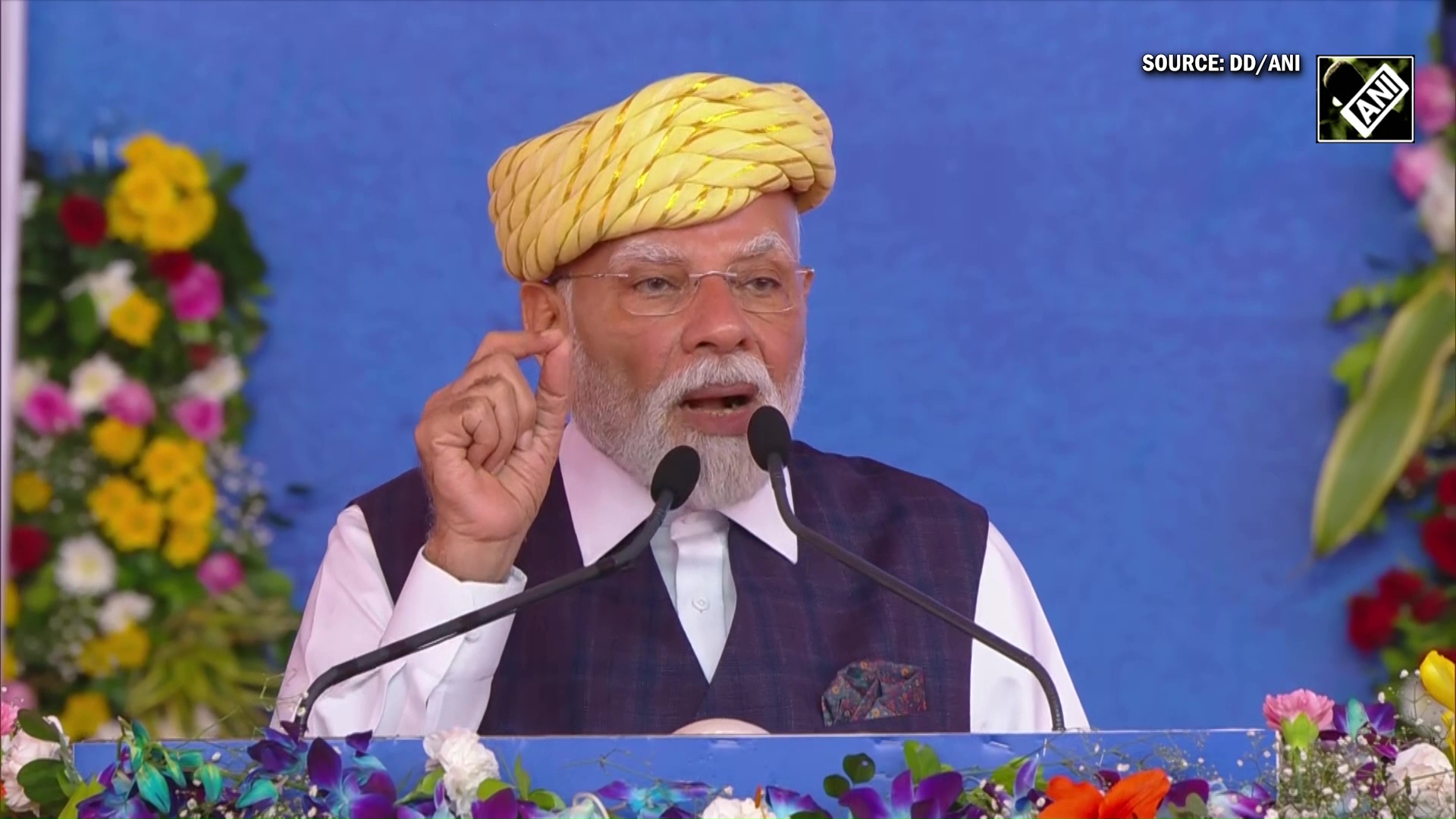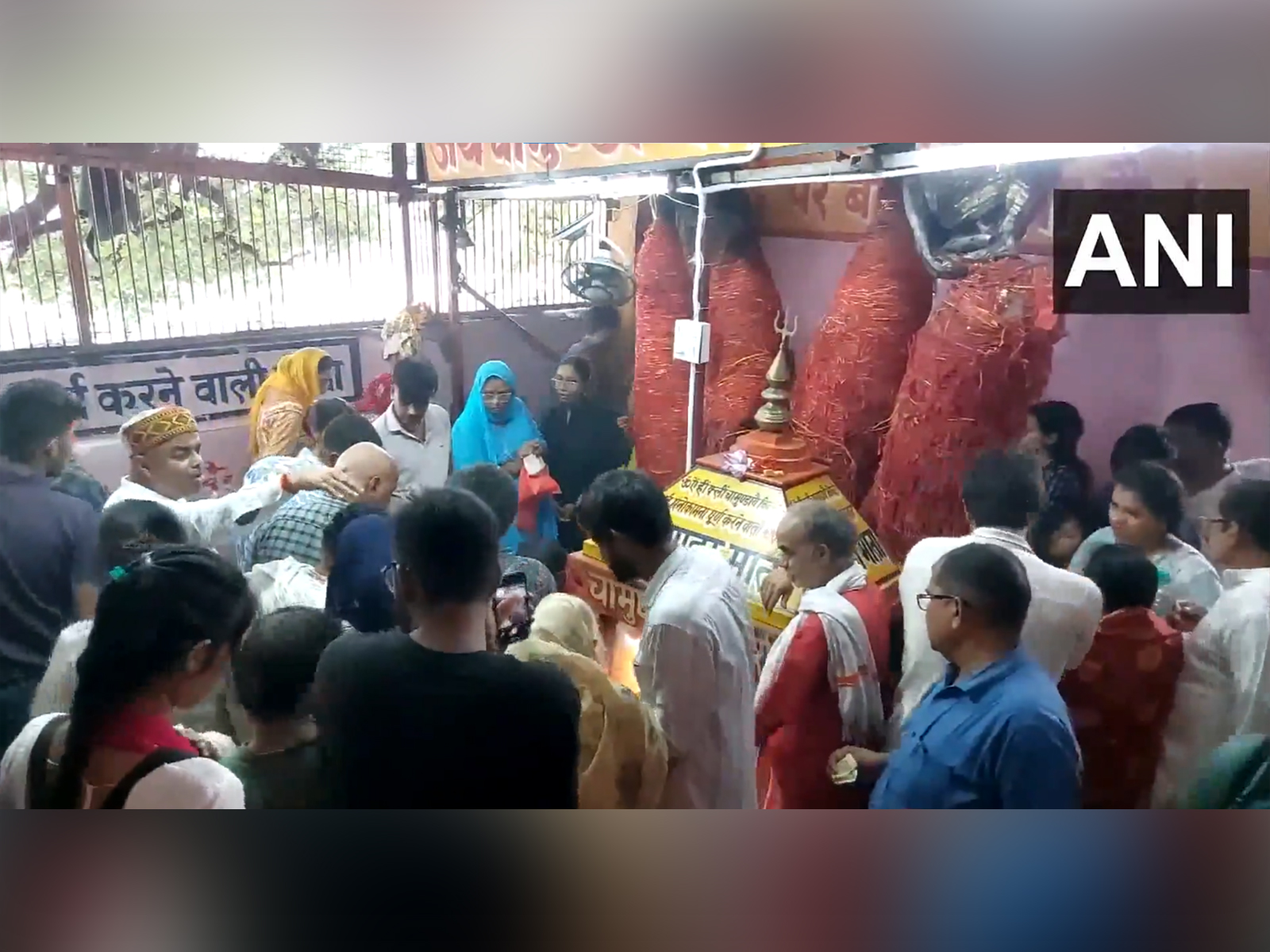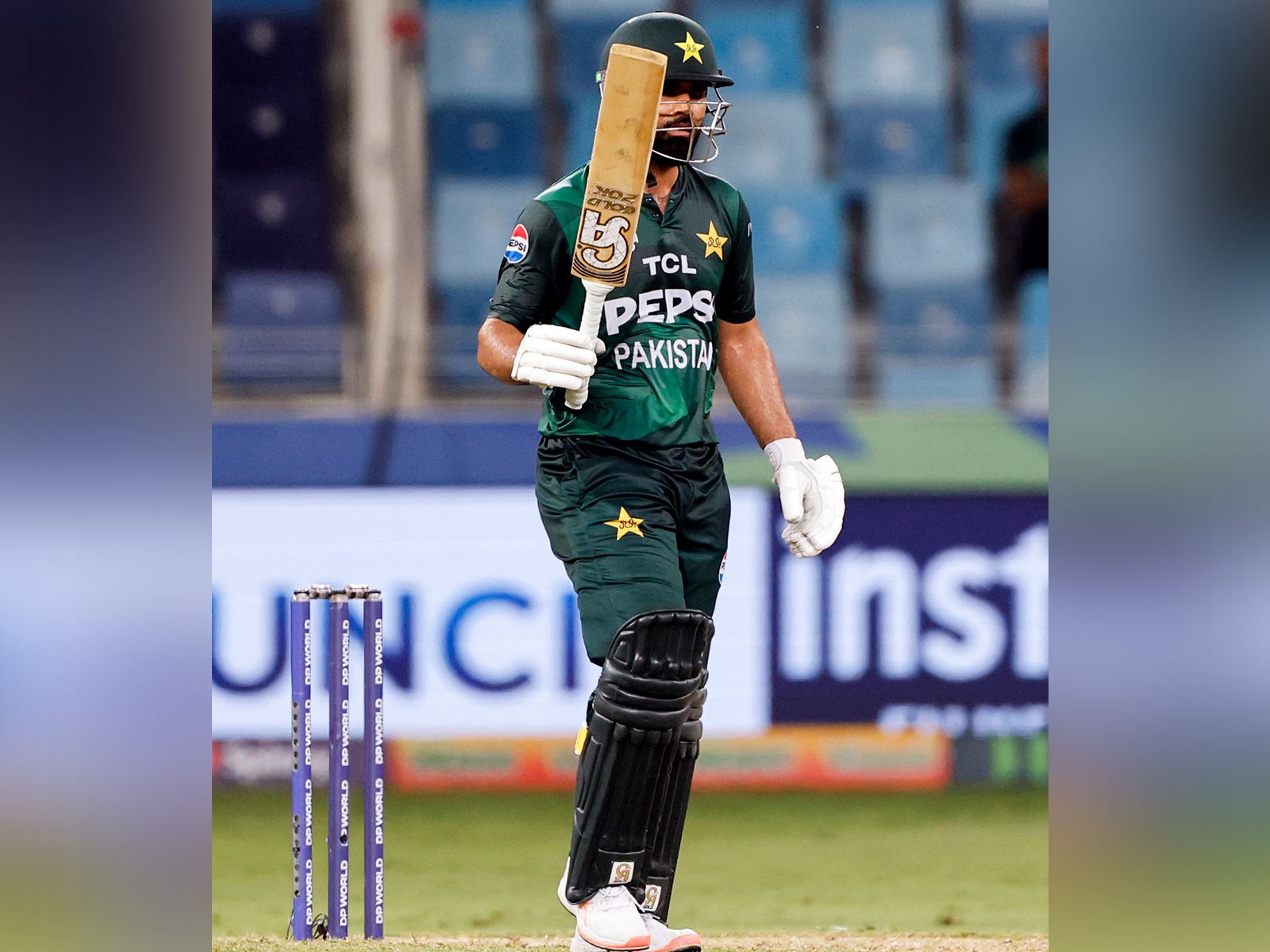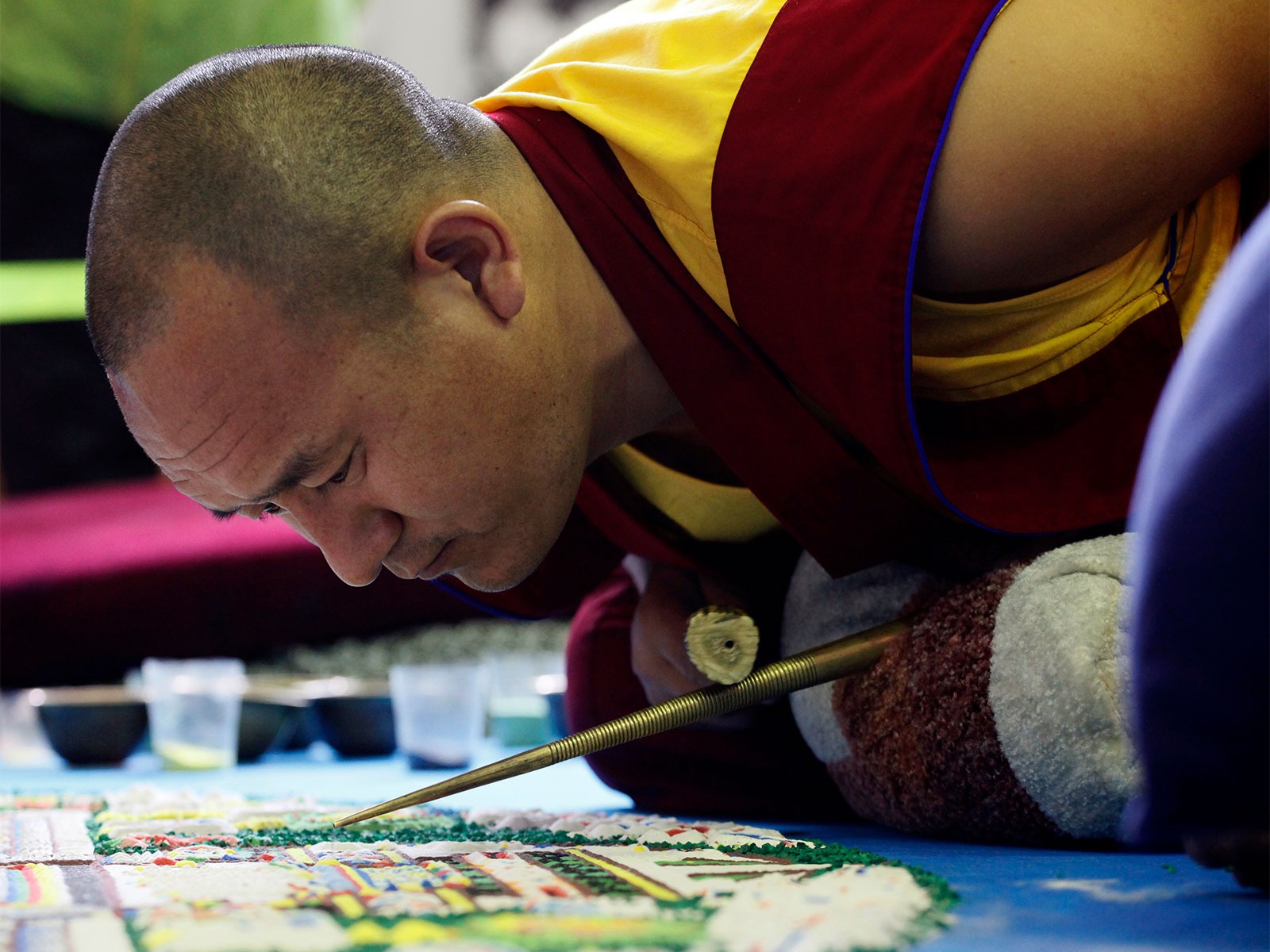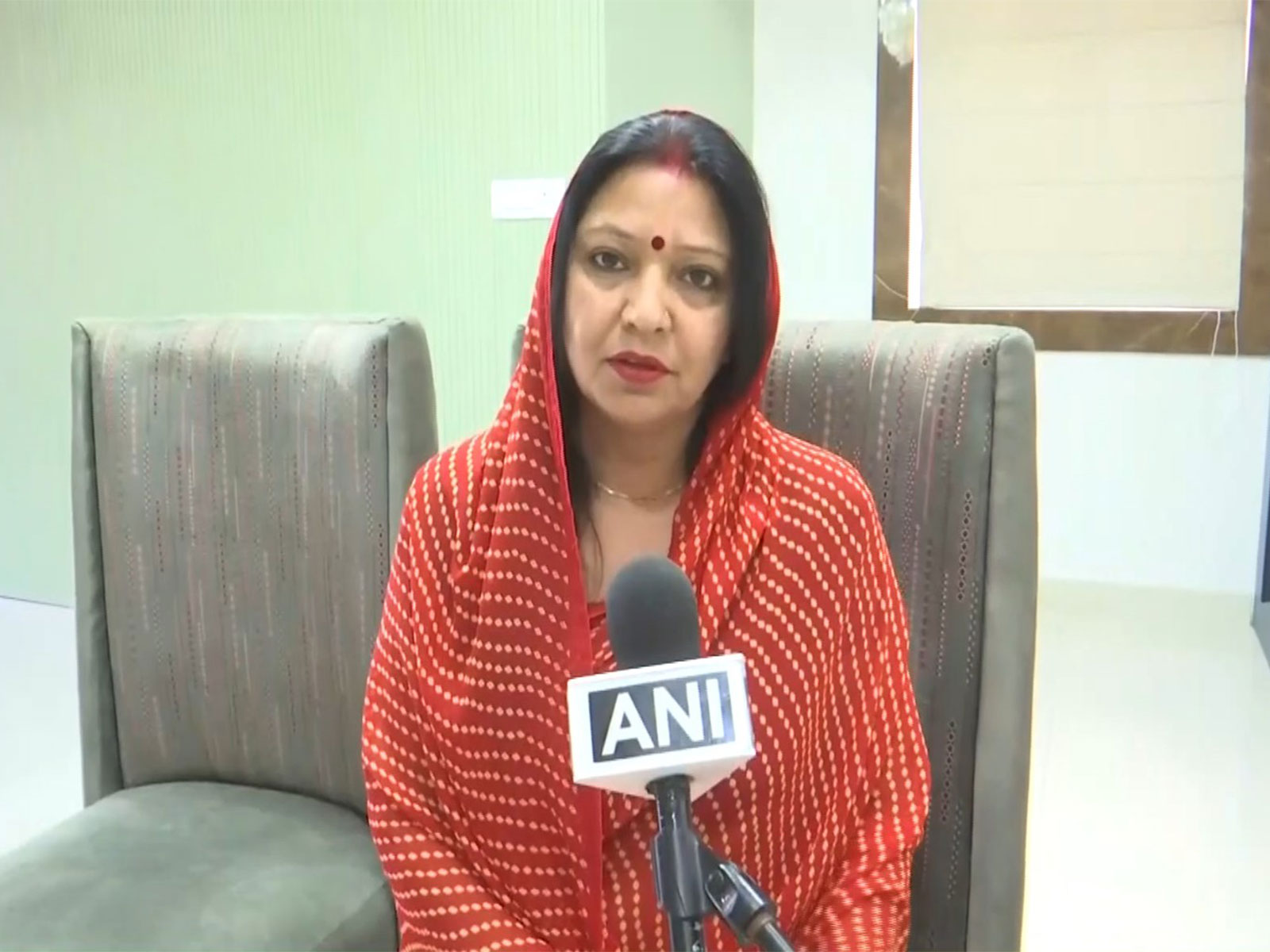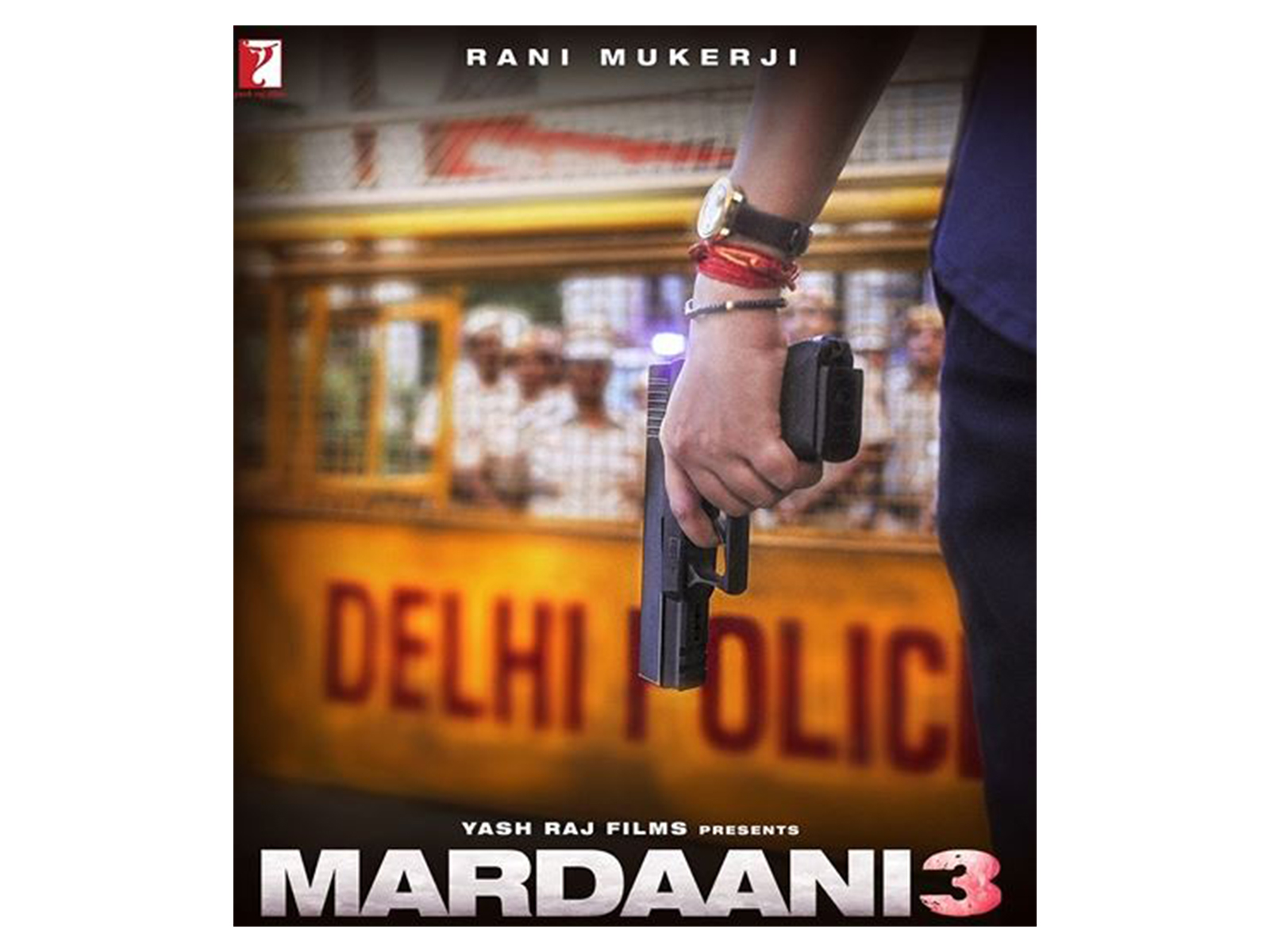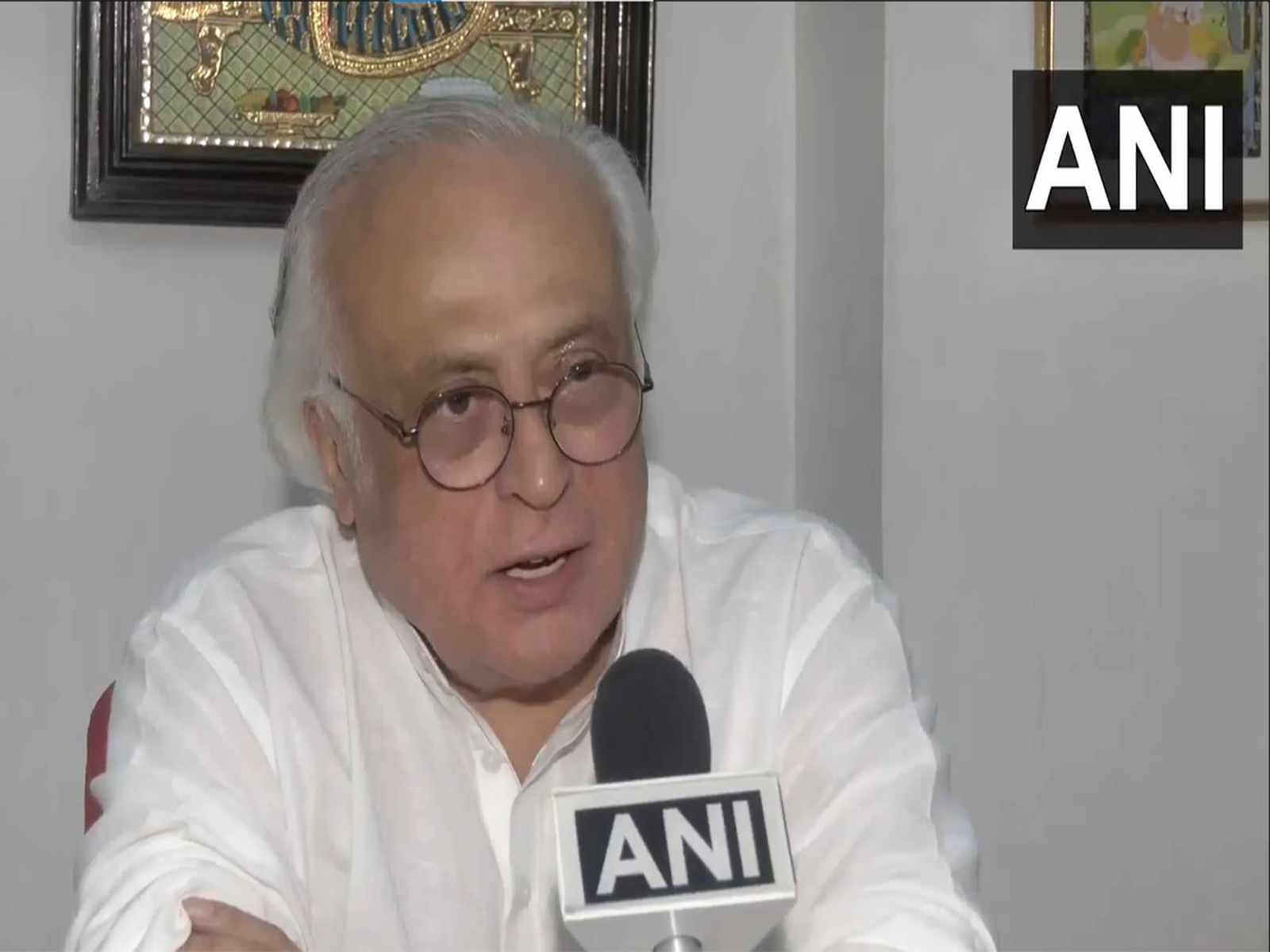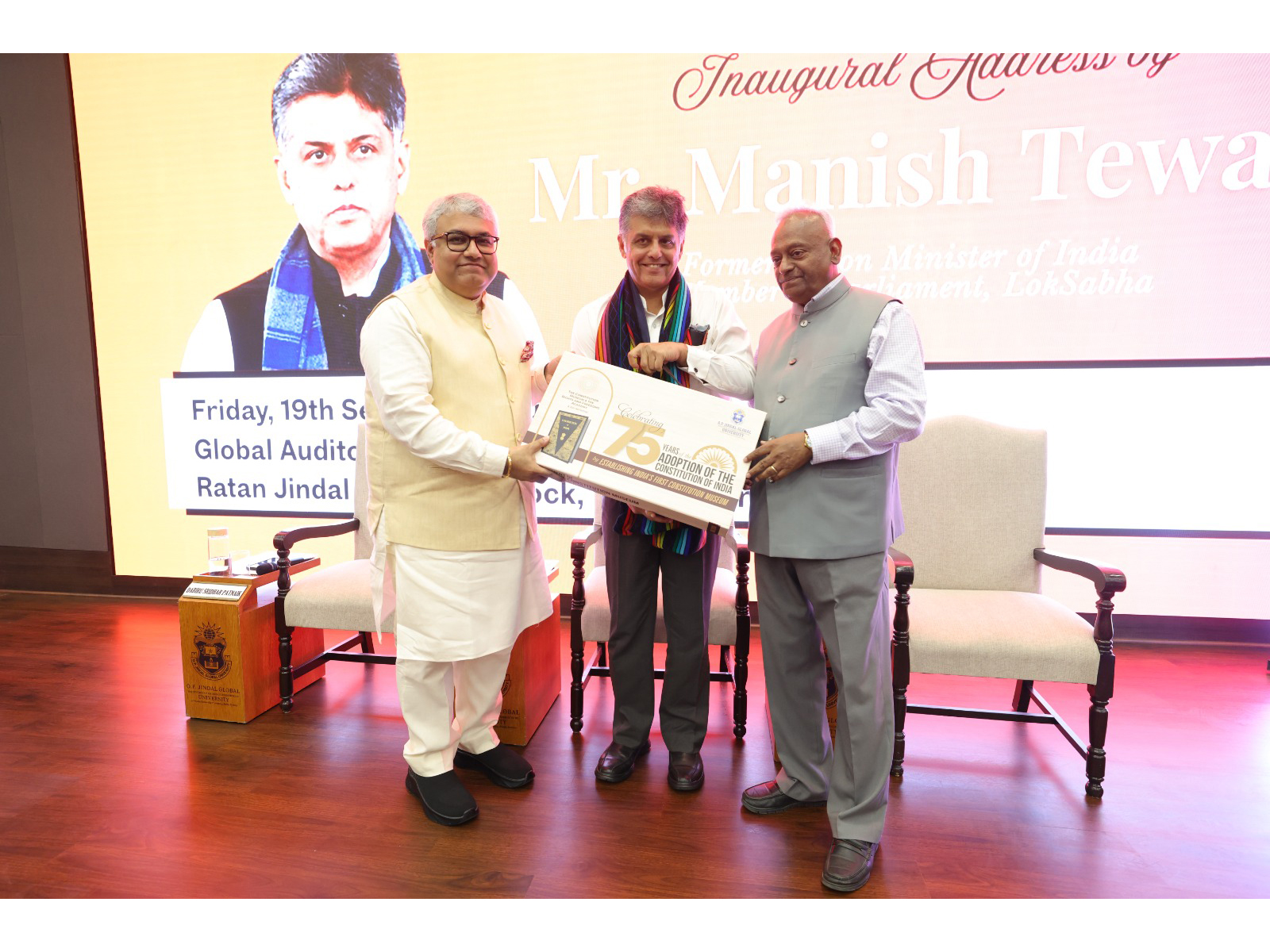
Self-Reliance and Multi-Alignment will Guide India's Future: Manish Tewari, M.P. at Jindal Policy Conclave
Sep 22, 2025
OP Jindal University
Sonipat (Haryana) [India], September 22: "In 2047, India will celebrate the centenary of its independence and commemorate the fruition of the world's first nonviolent struggle of passive resistance, the national liberation, a struggle unique and unparalleled in the annals of human history. First and foremost, it is important to ensure that democracy remains the status quo of India. Especially at a point in time when countries around India have become targets of undemocratic regime change as a consequence of the gap between the unfulfilled aspirations of young people, and whatever respective governments have to offer," said Mr. Manish Tewari, Former Union Minister and Member of Parliament, Lok Sabha at his inaugural address at the Jindal Policy Conclave, titled: India and the World - Inception Of Ideas For Viksit Bharat.
"Humankind is perhaps for the first time, witness to concurrent conflicts playing out simultaneously across the world. India, therefore, has to navigate the coming decades as a new world order struggles to get conceived. There are two markers available: One is non-alignment, which is now called multi alignment, and the other is self-reliance. And it is really a compliment to the foresight and wisdom of the founders of the modern Indian state, that they laid the foundations of India's strategic autonomy, by then specializing and assiduously, pursuing, the path of both self-reliance and non-alignment, which has stood India in good stead over the past, seven decades. The first and the most obvious is to maintain political stability. The second is to ensure social cohesion in a diverse land populated by people who can be distinguished and distinctive by the diversity of their religion, language, customs, culinary traditions, but united by the thread of a civilizational continuum called India. The third is to ensure that inequality of income and opportunity is mitigated. Only when we are politically stable, internally cohesive, economically prosperous would be launched to our true weight in the world. It is therefore important to come together to exchange ideas, and see how India becomes the most powerful, the most influential and the most human civilization in the years and decades ahead," Mr. Tewari stated.
Professor Dabiru Sridhar Patnaik, Registrar, O.P. Jindal Global University welcomed the distinguished gathering and said, "We are committed to being a university that moulds global leaders and the school of government and public policy is yet another example of rigorous, evidence-based frameworks for policy and ethical leadership. In a rapidly evolving, complex world, public policy must become an instrument not only of administration, but of aspiration and innovation. Public policy is indeed the compass that channels national ambitions into action. At JGU, our mission is to build the future of India and the world by fostering innovation in today's world."
Prof. R. Sudarshan, Professor and Dean, Jindal School of Government and Public Policy said, "Public policy in India gains unprecedented relevance in an era defined by complexity, scale, and global interdependence, transcending administrative silos to expand across disciplines, ideas, and identities. As India approaches its centenary of independence, public policy has assumed a central role in shaping the nation's developmental trajectory. The Jindal School of Government and Public Policy (JSGP) pioneered public policy education in India when the field was still emerging in academia, establishing public policy as both a rigorous academic discipline and a driver of social impact. Today, JSGP stands as a premier institution, rooted in critical thinking, interdisciplinary research, and ethical leadership, preparing students and professionals to address real-world challenges with evidence-based policy frameworks to meet real-world challenges."
In line with its mission, the Jindal Policy Conclave 2025 will bring together thought leaders, policymakers, academics, scholars, industry experts, and emerging policy professionals for a focused dialogue on India's future, fostering a powerful nexus between these sectors. As India stands on the brink of a new era of development, the theme "The Inception of Ideas for Viksit Bharat" takes on profound urgency, reflecting a clear intent: to shape its future through actionable ideas and collective engagement. Key speeches included The Significance of Part IV of the Constitution - The Directive Principles of State Policy in building Viksit Bharat by Hon'ble Mr. Justice U.U. Lalit, Former Chief Justice of India.
The Concluding Remarks were delivered by Professor (Dr.) Namesh Killemsetty, Jindal School of Government and Public Policy. The two-day policy dialogue will feature multiple panels and discussions with eminent academics, experts, thought leaders involving JGU faculty and students. The groups will deliberate on multiple subjects like Electoral Reforms: India's Power Play in Redrawing Boundaries & Redefining Elections; One Earth, One Family, One Future: India's Greenprint for Energy Revolution, Climate Resilience & Environment Revival; Rewiring Urban Governance: Fixing the Core Beyond Rhetoric - Streets, Sanitation, and Services as the New Urban Mandate; Screens, Stories and Regulation: Charting India's Media and Entertainment Landscape by Ms. Mahima Kaul, Director of Public Policy & Global Affairs, Netflix. The Valedictory Address was given on the theme 'We the Nation Builders' by Mr. Armstrong Pame, Joint Secretary, Department of Higher Education, Ministry of Education, Govt. of India.
(ADVERTORIAL DISCLAIMER: The above press release has been provided by OP Jindal University. ANI will not be responsible in any way for the content of the same)
